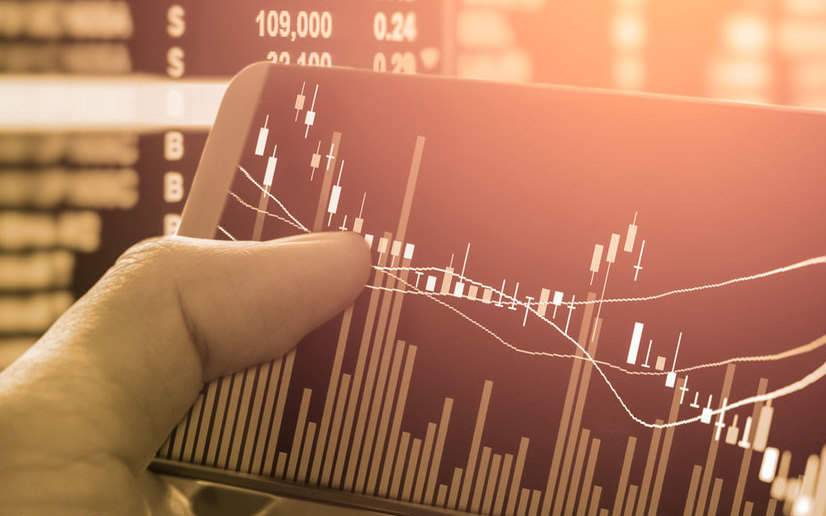A memo by the city’s securities and futures regulator reminds investors of the risks of NFTs; altcoins surge and then drop.
The largest cryptocurrency by market capitalization was recently trading at about $30,300, up about 0.5% over the past 24 hours. Ether, the second largest crypto by market caps, was changing hands at roughly $1,730, down about 3% over the same period.
Other major altcoins that had risen significantly earlier in the day, including SOL and ADA were more recently about flat, as investors wrestled with a few positive economic signs and the months-long flow of more troubling news.
Still, a number of analysts said that Bitcoin was unlikely to take any deep dives for the time being.
“I think we may be putting in a bottom here with Bitcoin,” Greg King, CEO and founder of crypto asset manager Osprey Funds, told CoinDesk’s First Mover program.
King noted that the presence of institutional investors has differentiated the latest price slump from previous crypto winters in 2013 and 2018 when bitcoin lost over 80% of its value. Bitcoin has currently dropped about 60% since hitting its all-time peak just short of $70,000 in November.
“Institutional buyers are buying this dip and then don’t forget the macro environment,” King said, noting the four-decade high inflation rate in the U.S. “Zero yield assets such as gold and Bitcoin do very well” at these times, he added.
Stocks rose slightly on Monday with the tech-focused Nasdaq and S&P 500 increasing about a half percentage point, as was the case for the Dow Jones Industrial Average. Gold, a traditional safe-haven asset, fell about a half-percentage point. Investors were buoyed by last week’s job report that suggested the economy might not plunge into recession any time soon. Some analysts also believe that inflation has peaked, although markets will be nervously eyeing this Friday’s consumer price index report, which is expected to show inflation remaining stubbornly above 8%, a four-decade high.
Volatility continued to fade in crypto markets, while the fear and greed index ticked higher, although it is still registering squarely in extreme fear territory. Bitcoin has been trading in a tight range between $28,000 and $31,500 for the past month as investors wait for clearer signals about whether the economy will sink into recession or power through its current headwinds.
King believes the increasing correlation between cryptos and stocks will reverse to some degree, calling it a “reflection of this kind of wild situation in macro markets where we have awful conditions and so it’s more of a risk-on, risk-off type of mindset.”
“I personally think that crypto will emerge as – certainly things like Bitcoin – as a relative safe haven as we continue to chop through an uncertain macro environment and especially if rates continue to rise and equities continue to tank, but I don’t think that a long term correlation makes a lot of sense,” he said.
